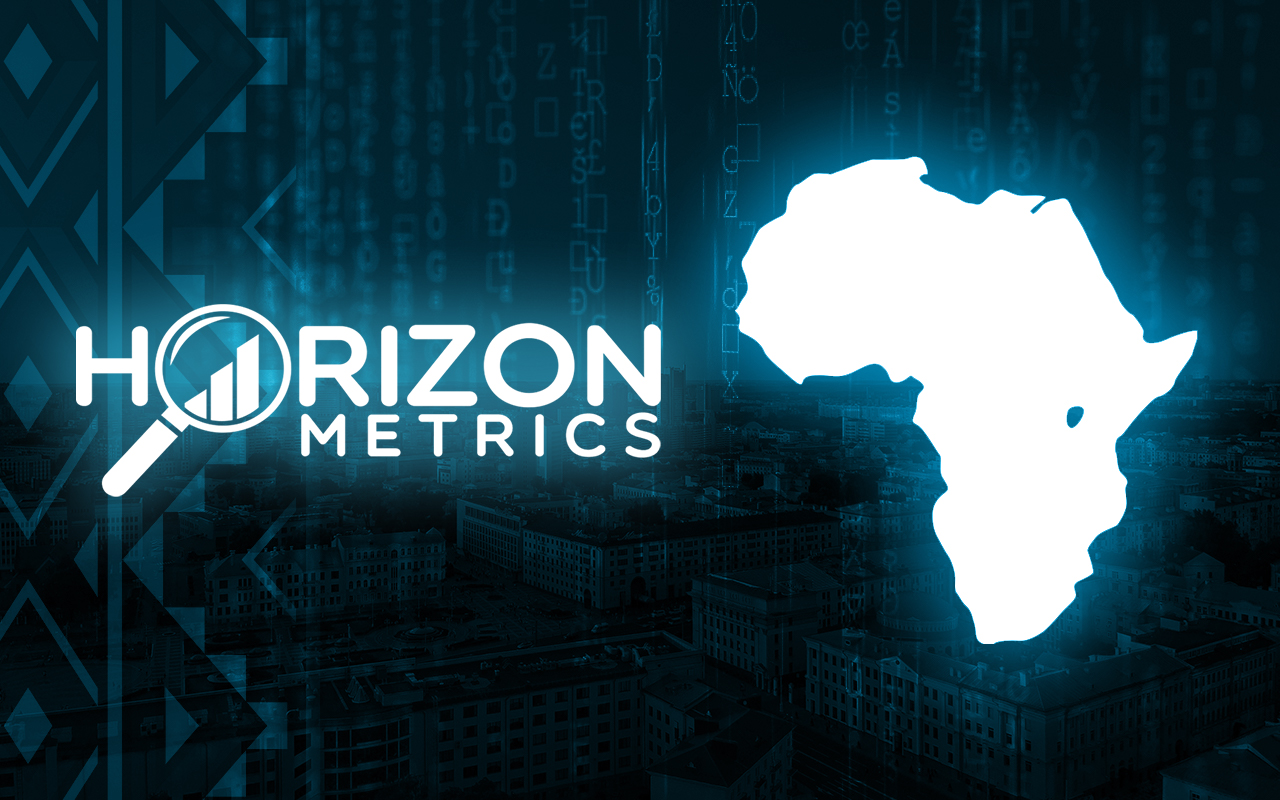
In today's fast-paced business landscape, companies must adapt to the rapid changes in technology to stay competitive. Two terms that have become increasingly common are digital acceleration and digital transformation. Although they sound similar, they refer to different approaches to achieving success in the digital age.
What is Digital Acceleration?
Digital acceleration is the process of leveraging digital technologies to improve business operations and enhance customer experiences. It involves the integration of technology into existing business models and processes to optimize efficiency and productivity. Digital acceleration is typically focused on achieving short-term gains and delivering quick wins.
Digital acceleration can take many forms, such as the implementation of new software solutions, the adoption of cloud-based technologies, or the development of mobile applications. The goal of digital acceleration is to create a more agile and responsive organization that can quickly adapt to changing market conditions and customer needs.
What is Digital Transformation?
Digital transformation is a more holistic approach to leveraging technology to drive business growth and innovation. It involves a fundamental shift in the way a company operates, and its ultimate goal is to achieve long-term strategic objectives. Digital transformation is focused on creating new business models and revenue streams that are enabled by digital technologies.
Digital transformation often requires a company to reimagine its entire business model, from product development to customer service. It involves a deep understanding of the customer journey and the development of new products and services that meet their evolving needs. Digital transformation requires a long-term commitment, as it involves significant investments in technology, talent, and infrastructure.
Key Differences Between Digital Acceleration and Digital Transformation
The key difference between digital acceleration and digital transformation lies in their objectives and scope. Digital acceleration is focused on achieving short-term gains and improving existing business models and processes. In contrast, digital transformation is focused on driving long-term growth and innovation by creating new business models and revenue streams.
Digital acceleration is typically more tactical in nature, while digital transformation requires a more strategic and holistic approach. Digital acceleration may involve the adoption of new technologies, but it does not necessarily require a fundamental change in the way a company operates. In contrast, digital transformation requires a significant shift in mindset and culture, as well as a willingness to embrace risk and uncertainty. .
Conclusion
Digital acceleration and digital transformation are both important strategies for achieving success in the digital age. Digital acceleration can provide immediate benefits by improving existing business models and processes, while digital transformation requires a more long-term and strategic approach to creating new business models and revenue streams. By understanding the differences between these two approaches, companies can determine which strategy is best suited to their specific needs and objectives.

